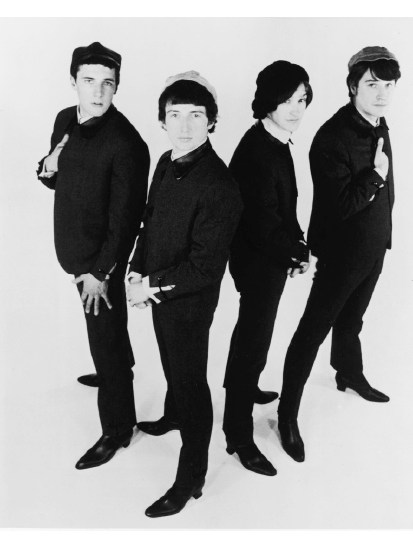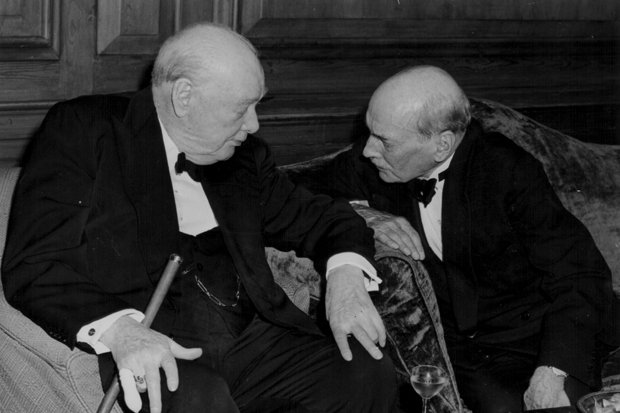As Johnny Rogan notes in this new biography of Ray Davies and the Kinks, it is almost 50 years since the term ‘Swinging London’ was first used by a newspaper to describe ‘the most exciting city in the world … all vibrating with youth’. Those smashing times may not have lasted long but the vibrations carry on to the present day.
Already a subscriber? Log in
Subscribe for just $2 a week
Try a month of The Spectator Australia absolutely free and without commitment. Not only that but – if you choose to continue – you’ll pay just $2 a week for your first year.
- Unlimited access to spectator.com.au and app
- The weekly edition on the Spectator Australia app
- Spectator podcasts and newsletters
- Full access to spectator.co.uk
Or
Unlock this article
Available from the Spectator Bookshop, £20 Tel: 08430 600033
You might disagree with half of it, but you’ll enjoy reading all of it. Try your first month for free, then just $2 a week for the remainder of your first year.














Comments
Don't miss out
Join the conversation with other Spectator Australia readers. Subscribe to leave a comment.
SUBSCRIBEAlready a subscriber? Log in